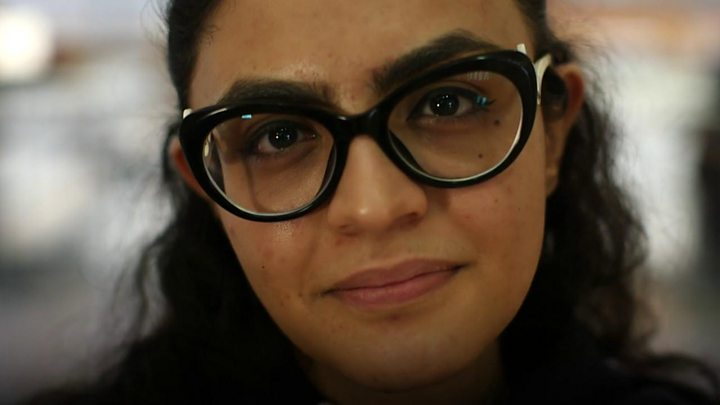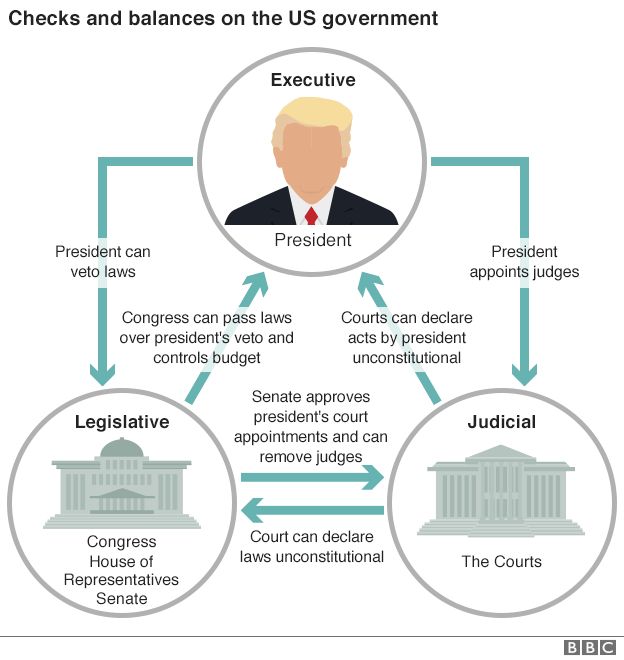
This article is more than
8 year oldBut the directive against travellers from Chad, Iran, Libya, Somalia, Syria and Yemen still faces legal challenges.
The ruling covers the third version of the directive that President Trump has issued since taking office.
On Monday, seven of the nine justices lifted injunctions imposed by lower courts on the policy.
Only Justices Ruth Bader Ginsburg and Sonia Sotomayor would have allowed the president's order to remain blocked.

Federal appeals courts in San Francisco, California, and Richmond, Virginia, will hear arguments this week on whether the latest iteration of the policy is lawful.
Karen Tumlin, legal director of the National Immigration Law Center, wrote on Twitter that Monday's ruling was "devastating news".
But she added: "It's important to remember that the Supreme Court has NOT addressed the legal merits of the latest Muslim Ban nor the human impacts w/its order today."
"The fight continues."
The president's travel bans have each been frustrated by the courts to some degree:
In striking it down, federal judges have cited Mr Trump's campaign description of his policy as a "Muslim ban" and his call for "a total and complete shutdown of Muslims entering the United States".
Lower courts have also found the president's policy violated the first amendment of the US constitution covering freedom of religion.
In October, a Maryland federal judge said: "The 'initial' announcement of the Muslim ban, offered repeatedly and explicitly through President Trump's own statements, forcefully and persuasively expressed his purpose in unequivocal terms."
A federal judge in Hawaii said the administration "lacks sufficient findings that the entry of more than 150 million nationals from six specified countries would be 'detrimental to the interests of the United States'".
A court in Virginia ruled: "The illogic of the government's contentions is palpable. The notion that one can demonstrate animus toward any group of people only by targeting all of them at once is fundamentally flawed," the court ruling said, pointing out that the countries' populations were between 90% and 99% Muslim.
